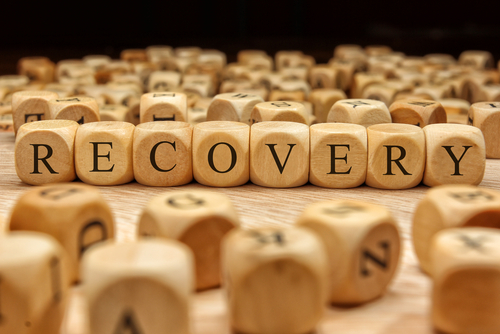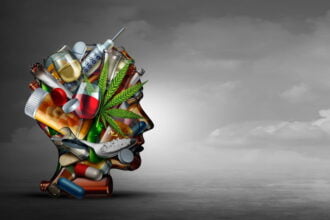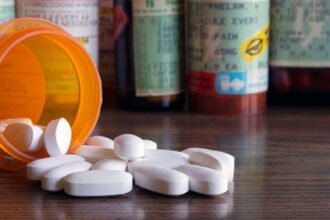The decision to fight alcohol or drug addiction is not only frightening and intimidating but also complex. However, it is a bold move that calls for celebration as it marks the beginning of the journey to recovery and a better lifestyle. Many people do not understand how or why other people become addicted to alcohol or drugs. Sometimes, they assume that those who abuse substances lack willpower or moral principles, and could put an end to their behavior if they choose to. But the fact is that substance abuse is a complex disease, and quitting often takes more than the will power or good intentions. Drugs alter the brain’s chemistry in a way that makes leaving difficult, even for the strong-willed. The good news is that researchers are now very much aware of the impact of drugs on the brain and have uncovered treatments that can assist patients in recovering from drug addiction and leading a healthy and better life. Facts about addiction
- Addiction is a chronic disease associated with compulsive drug seeking and use, or difficulty in controlling, despite the dangerous consequences
- The brain changes that result from continuous use makes it hard for the patient to control their actions and interferes with their ability to keep off drugs
- Most drugs affect the reward circuit of the brain by flooding it with dopamine. This results in the enhancement of pleasurable, but harmful activities, and causes on to repeat their actions over and over
- The brain gets used to the excess dopamine and becomes more tolerant. So a patient will need more to attain a similar dopamine high
- A blend of environmental, genetic and developmental factors increases the chances of addiction. The higher the risk factors, the greater the chances of being addicted to drugs
- Drug and alcohol addiction is treatable
- Drug use and addiction are preventable
Understanding medical detox Detoxification is the first step to healing for people who are addicted to drugs or alcohol. When a drug or alcohol dependent person quits cold-turkey, they are bound to develop withdrawal symptoms within 4 to 24 hours – even while they still have the substance in their blood. The withdrawal symptoms can vary in intensity from one person to another and include:
- Anxiety
- Depression
- Problems sleeping
- Hallucination
- Shakiness
- Unstable changes in heart rate and blood pressure
- Heavy sweating
- Fever
- Confusion
- Nausea
- Vomiting
Luckily, patients do not have to go through all this pain in the name of living a clean life. Thanks to detox programs, it is now possible for one to have a smooth transition. Medical detoxification is where alcohol or drugs are safely eradicated from the system. It’s usually used alongside medication, like ibogaine detox treatment, to help the process be more comfortable. Detox is performed in a hospital with nurses and doctors on-site 24/7. How detox works Medical detox can last anywhere from 3 to 10 days, depending on the patient’s historical drug-use patterns. On the first day, the doctors will examine the patient and determine the length of treatment as well as the medication to use. As the process ensues, the doctors may choose to increase or reduce the detox regimen based on the observed reactions. The benefits It can be life-saving Medically-supervised detox is critical in detecting and treating any drug- or alcohol-related medical emergencies. These emergencies can arise from active use or appear during the detox phase. Withdrawal symptoms can be fatal for those who choose to detox without professional help, especially if they were dependent on benzodiazepine, alcohol or barbiturate. Safety and protection Inpatient facilities offer a safe place to recover, removing patients from their old habits and temptations. The facilities also protect one from stress factors that may act as triggers. Higher chances of successful recovery Since the patient is kept away from triggers, they can focus entirely on getting better. This enhances their chances of getting better results. Besides, top facilities personalize treatments to match the patient’s needs. Underlying medical issues can be addressed Up to 53% of substance abuse patients have another severe mental health issue like bipolar disorder, schizophrenia, major depression, borderline personality disorder, and so on. Medical detox often analyzes the mental health of the individual and assigns a therapist.









